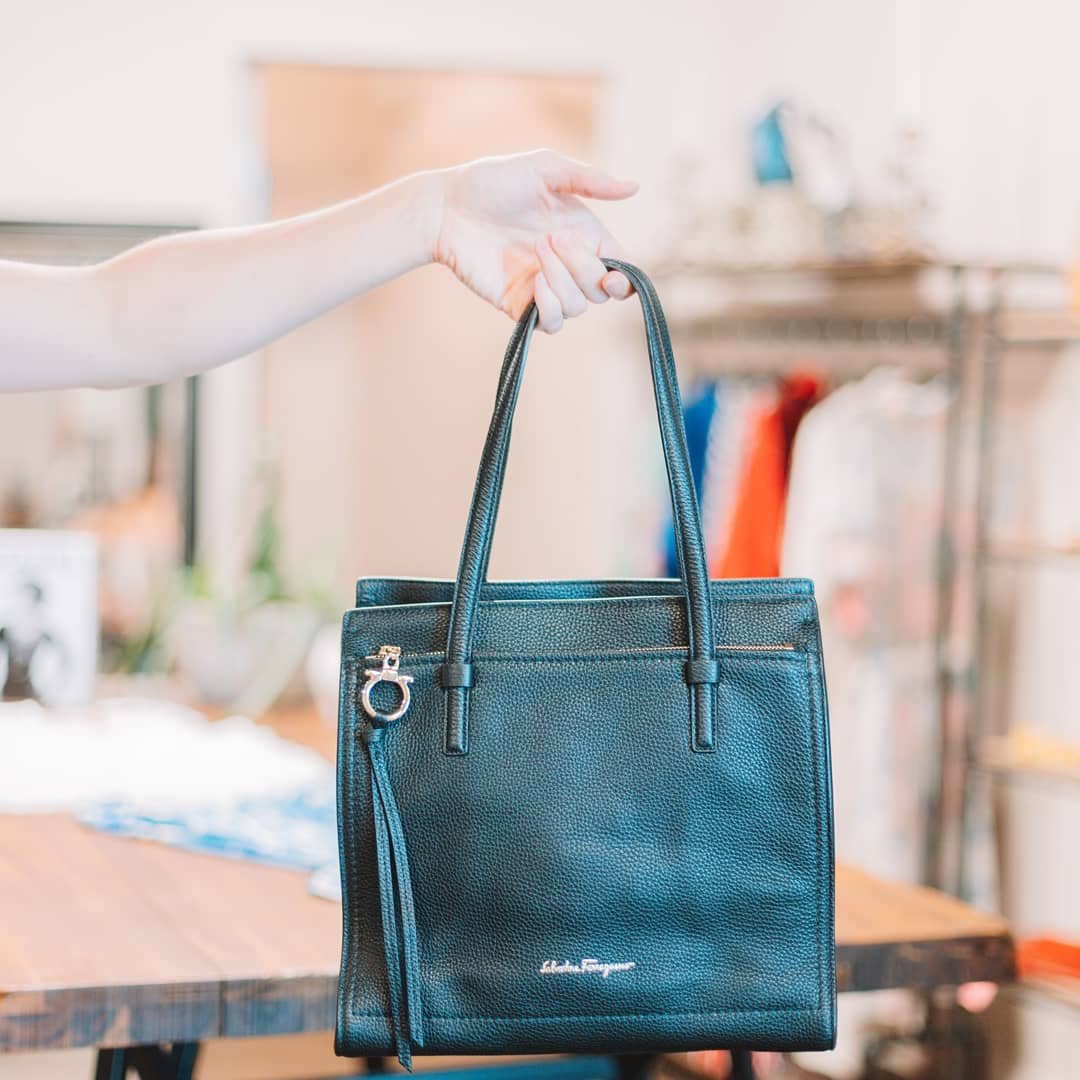The Trove Guide to Consigning and Buying Used Designer Handbags
We all know that the designer bag industry has been so plagued with dupes, fakes, and scams that the prospect of purchasing a designer handbag from anywhere other than Holt Renfrew can seem risky. But brands like Chanel and Louis Vuitton do not put their handbags on sale so for some, resale is an attractive and affordable option. And it can be a great option to round out your collection. The best way to get authentic designer bags for a fraction of the price is to do your research and purchase from a trusted reseller.
In this blog, we will walk you through how to purchase a used designer bag, what to look out for, and how to know when you’ve scored a great deal. We will also take a look and the consultation process of consigning a designer handbag and how to ensure you get market value for it.
Purchasing Used Designer Handbags
As with most things, the more you know, the more equipped you are to make a wise decision. This holds true for shopping second hand as well. When purchasing a used designer bag you will want to know: how much the bag you want is worth, where you can purchase it, and how you can ensure it is authentic. First of all, popular styles from popular designers (Gucci, Louis Vuitton, and Chanel) will have new bags each year and often reissue similar styles. Keep a close eye on the retail price of the new bag and compare different trusted sources. Rebag, The Luxury Closet, and Fashionphile are great options with huge inventories to help you benchmark what a bag may be worth. With online authentication tools and brand-by-brand guides, these sites host the information necessary to have a good understanding of the value of your coveted bag.
You know what you want and you know what it’s worth, now to choose a retailer. Online resellers like those listed above are great options - they are reputable and have been featured in large fashion magazines. Your other options are consignment stores and vintage stores. Since these shops are usually independently owned, get to know the owner and read online reviews.
You could also test your luck with consumer-to-consumer sites like eBay, Kijiji, and Facebook Marketplace but in these instances you will really have to know what to look for and beware of scams.
How do you know it’s authentic?
Different methods of authentication can include: bringing the bag to a trusted authenticator, retrieving proof-of-purchase, showing a letter of authentication, or original packaging (dustbag, tags, etc.). Since letters of authentication can be easily replicated, they are not always your most reliable option. There are online authentication services that can cost anywhere from $30 - $75.
You will want to look out for redflags that something may not be authentic. There are a ton of makers' marks, authenticity stamps, and details you can look for, but starting with the seller and the information that is provided at face value are a good litmus test. If the seller is reserved with information, doesn’t want to share more images or information with you and is generally unhelpful, it’s likely to be counterfeit. If the deal is too good to be true… it probably is. Unfortunately, the counterfeit industry is booming and not slowing down. Do your research, keep your guard up, and purchase from reliable resellers - like Trove!
When you think about designer fashion and the high price tag, remember that these pieces can be treated as an investment.
"When you purchase a luxury product, you get a lifetime guarantee. Chanel, Hermès, Louis Vuitton—they stand behind their products." Wyll explained [...]. "They are investment pieces. And the prices have grown exponentially. When you invest in a knockoff, you're not investing in anything. You can't resell it, [and when] it starts wearing or falling apart...you're kind of at a loss." - Natalie Wyll, owner of A Second Chance Resale, in New York City.
Consigning Designer Handbags
In the same vein as purchasing used designer handbags, when selling you will want to do your research. You will want to know what your bag is worth and choose a reputable reseller who will get you top dollar. When consigning a pre-loved designer handbag, there are a few things to keep in mind. The better the condition, the more you will get for it. Before bringing it in, give it a good clean and assess if there are any repairs that can be made to get it in sale-ready condition. Additional things like the original dust bag, box, and receipt are a bonus and will make your experience smooth-sailing.
When consigning designer pieces at Trove, we require a proof of purchase. This is the most failsafe way to ensure a piece is authentic without an authenticator on site. Alternatively, we will do the leg work of having your piece authenticated for a fee of $25. Original authenticity cards are no longer a trusted proof of authenticity as they are easily replicated. So much so that Louis Vuitton and Hermès no longer produce them for their bags.
It’s also worth mentioning that the commission schedule changes for more expensive items, with most designer handbags falling into the top tier - earning you 70% from the sale. By selling with a consignment store like Trove, you are depending on our product knowledge, salesmanship, and reputation to get you the highest return on your bag.
In conclusion - do your research. There is a ton of information available online for making a smart purchasing decision.

